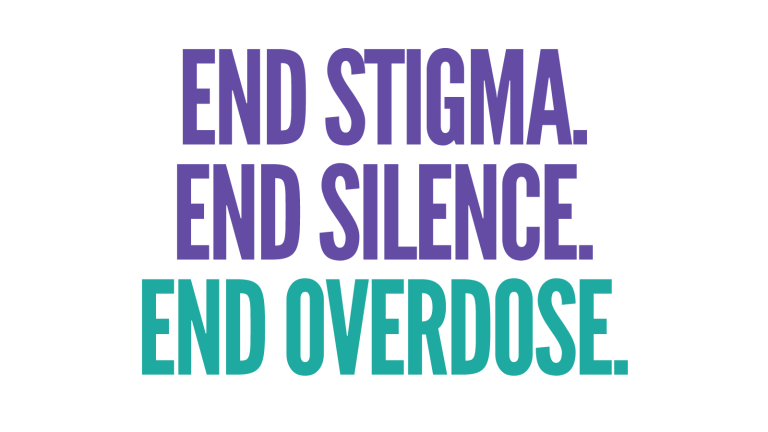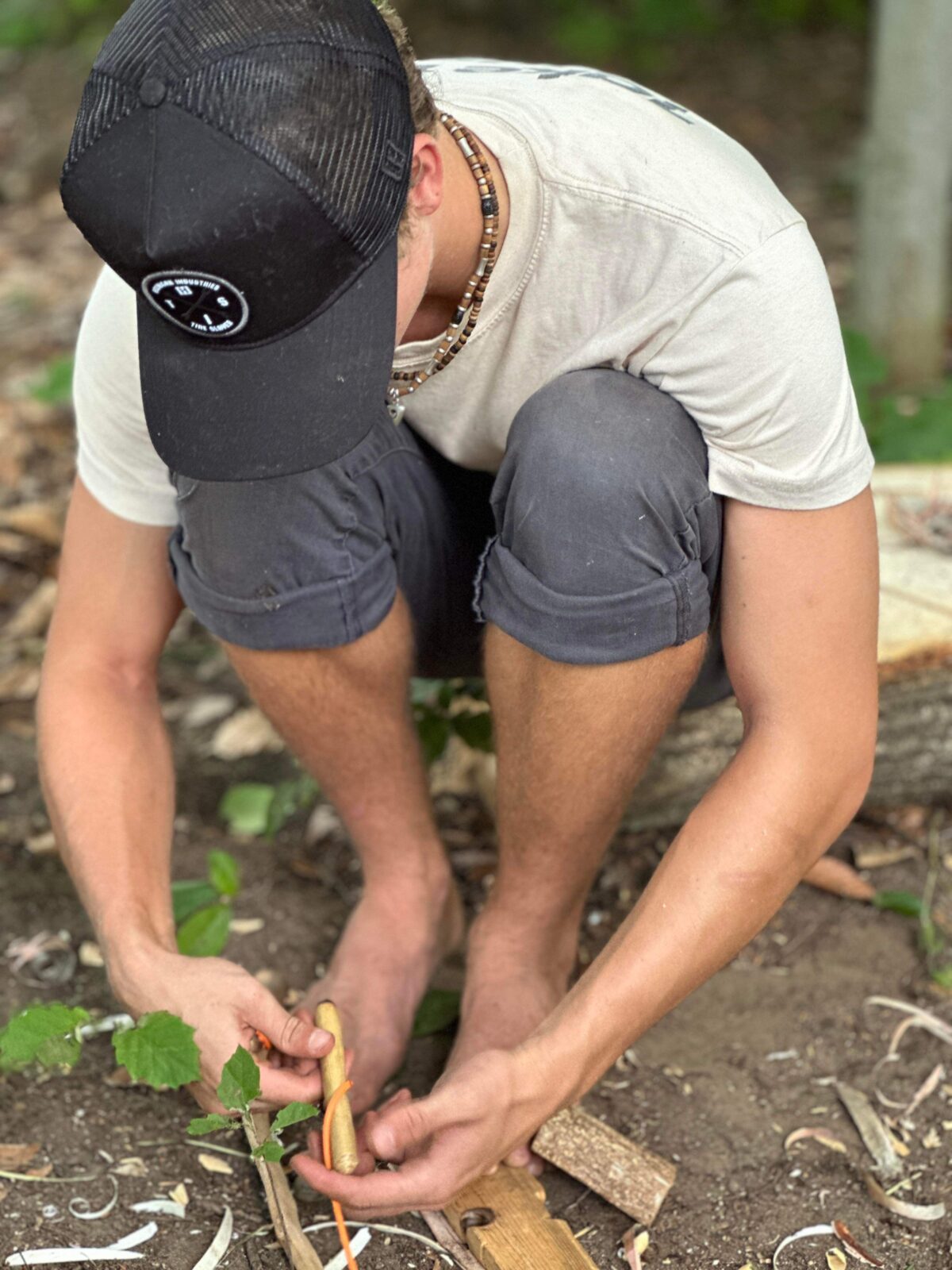Crack Cocaine Addiction & Dependence
Take a self-assessment →
Crack cocaine is the freebase form of cocaine. Crack’s popularity, in part, was due to its appeal for drug users seeking an inexpensive, ultra-potent, fast acting high.1,4 The name crack actually comes from the sound that is produced from burning the rock-shaped chunks.
As a powerful stimulant, crack use can elicit a rapid, euphoric high. Its stimulant effect on the body means that it will speed up various mental and physical processes, serving to increase energy and give you a sense of control. As a smoked form of cocaine, crack cocaine use results in near-immediate effects because the drug is inhaled into the lungs, where it is then absorbed into the bloodstream quickly. The effects are quick to be felt, peak quickly, and then end after only 2-20 minutes. Because the high is so short-lived, users often abuse crack in a binge. The binge and crash cycle of use adds to the risk of tolerance, dependence, and addiction.
Crack is a very dangerous substance. It is very unlikely that someone can use crack cocaine in a casual or recreational way for any significant duration, due to its powerfully addictive nature. Any crack use must be taken seriously. Symptoms of crack abuse may be both physical and psychological.
Crack is addictive because it causes an intense euphoric rush that fades quickly, leaving you wanting more.The brain’s reward centers are activated by crack stimulation, reinforcing continued use of the drug.
When the high wears off, you usually feel a need to smoke more crack because otherwise you will most likely become agitated, restless, paranoid, or anxious.
Crack is cheap and sadly, available. Because of these things, many people get addicted so quickly, they just can’t stop. If you are wondering how your life got away from you, call us today. Whether you are really ready to make achange or not, give us a call or send us an email, and we will go over some options and ideas with you. It is okay to struggle and you don’t need to do it alone. We can help.
More information about crack and crack abuse →
Self-assessment
Do you use crack or cocaine more than you intend?
A) Never B) Rarely C) Sometimes D) Often E) Very Often
Have you tried to stop using crack or cocaine or cut back without much success?
A) Never B) Rarely C) Sometimes D) Often E) Very Often
Do you spend a lot of time buying crack or cocaine or recovering from its effects?
A) Never B) Rarely C) Sometimes D) Often E) Very Often
Are frequently craving or wanting to use crack or cocaine?
A) Never B) Rarely C) Sometimes D) Often E) Very Often
Do you continue to use crack or cocaine, even when it causes interpersonal problems?
A) Never B) Rarely C) Sometimes D) Often E) Very Often
Does using crack or cocaine have negative effects on your work, school, or other responsibilities?
A) Never B) Rarely C) Sometimes D) Often E) Very Often
Do you use crack or cocaine in situations that could be physically dangerous to yourself or others?
A) Never B) Rarely C) Sometimes D) Often E) Very Often
Do you find that need more crack or cocaine to achieve the same high?
A) Never B) Rarely C) Sometimes D) Often E) Very Often
Do you spend less time socializing or participating in activities you once enjoyed because of your crack or cocaine use?
A) Never B) Rarely C) Sometimes D) Often E) Very Often
Do you experience withdrawal symptoms when you cut back on crack or cocaine use, such as fatigue, bad dreams, sleep changes, increased appetite, or slowed movement?
A) Never B) Rarely C) Sometimes D) Often E) Very Often
If you answered “C, D or E” for three or more of these questions, you may be able to benefit from our services. Contact us today, we can support you. Even if you had mostly “A’s” or “B’s” but still have questions, get in touch. We are here to help.





